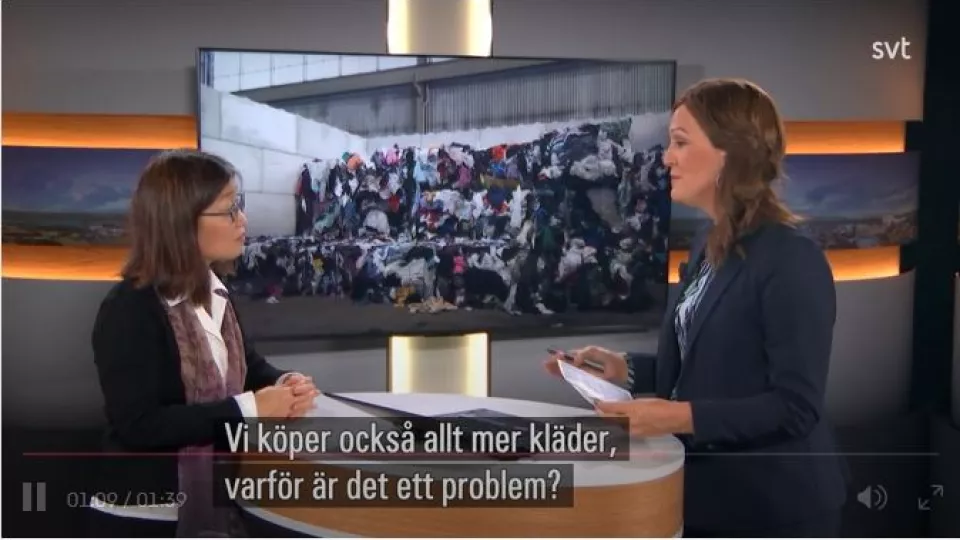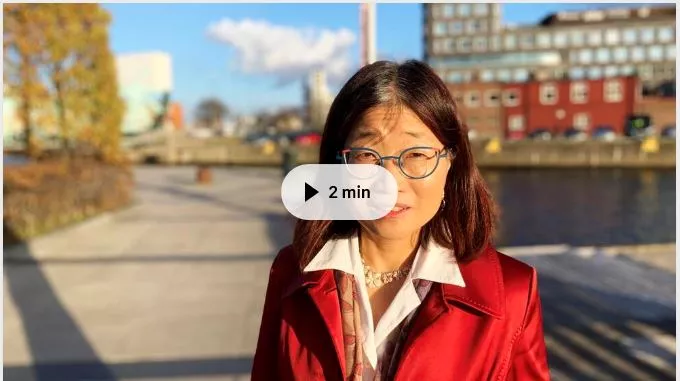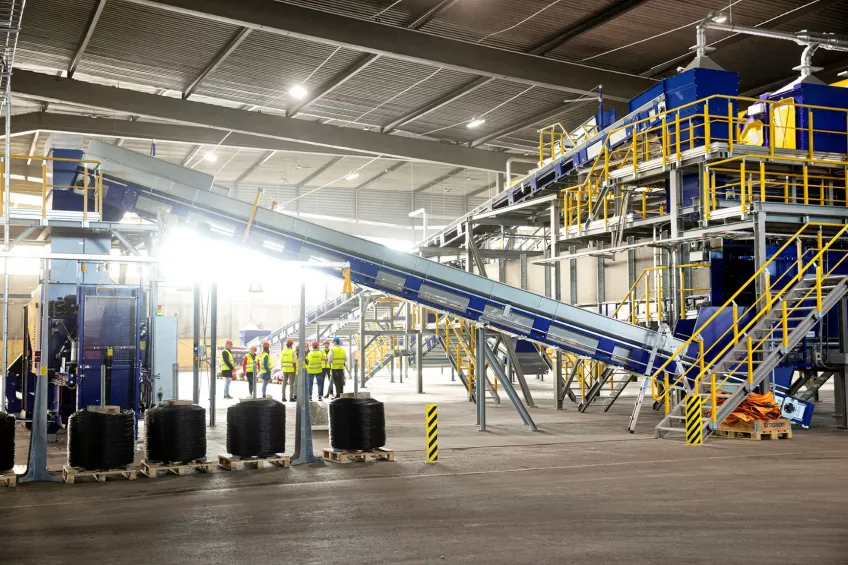With a sorting capacity of 24,000 tonnes of textiles per year, the new plant at Sysav in Malmö will revolutionize Swedish textile recycling and create new markets for textile waste. An average Swede throws 8 kilos of textile in the waste bin every year, almost 200 tons of textile a day. It's a huge waste of resources. In addition to the climate impact, large amounts of water and chemicals are also used in textile production. Today only a few percent of all textile waste is recycled. Most are thrown in the household waste and incinerated. Since 2000 the textile consumption in Sweden has increased with 40%.
– What you can do as a consumer is to reduce your clothing consumption. The new plant makes it possible to sort the textile depending on fiber and colour and it’s an amazing development, says Naoko Tojo.
The automated sorting is based on optical sensors that, with the help of near-infrared light, can sort textiles according to color and fiber composition with high precision. This makes it possible to handle large textile flows while at the same time producing textile fractions that match the needs of textile recyclers and textile companies.
Photo: SYSAV, Andreas Offesson




